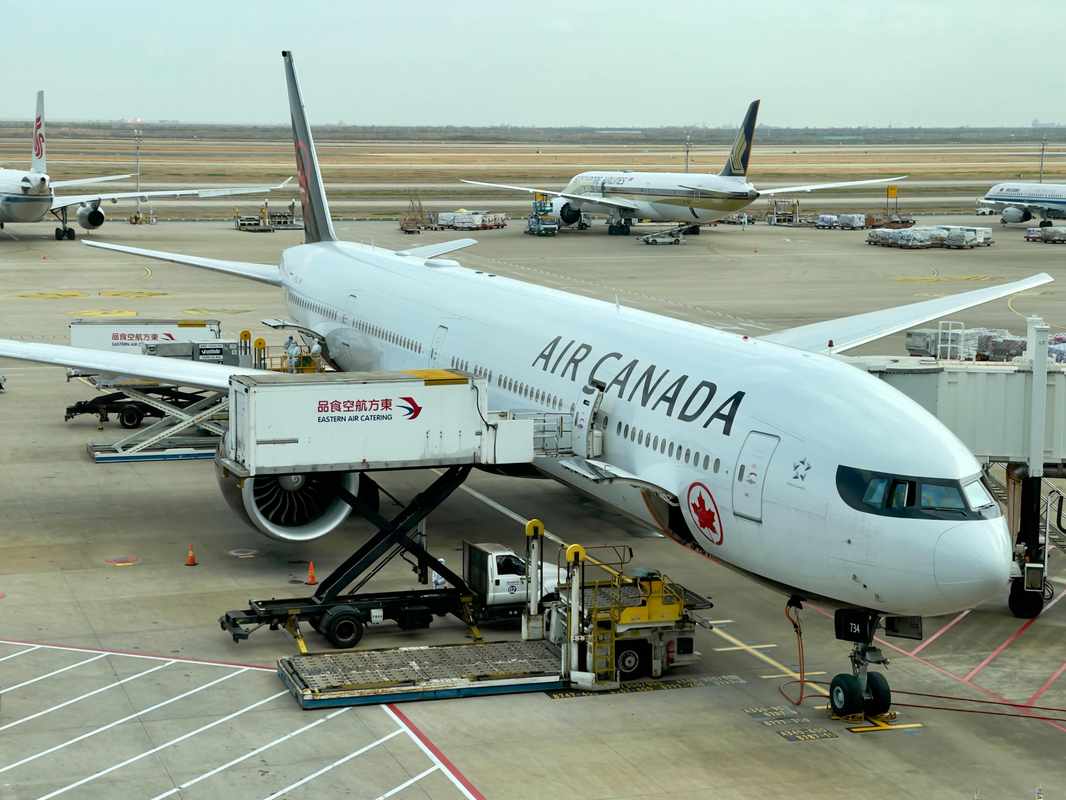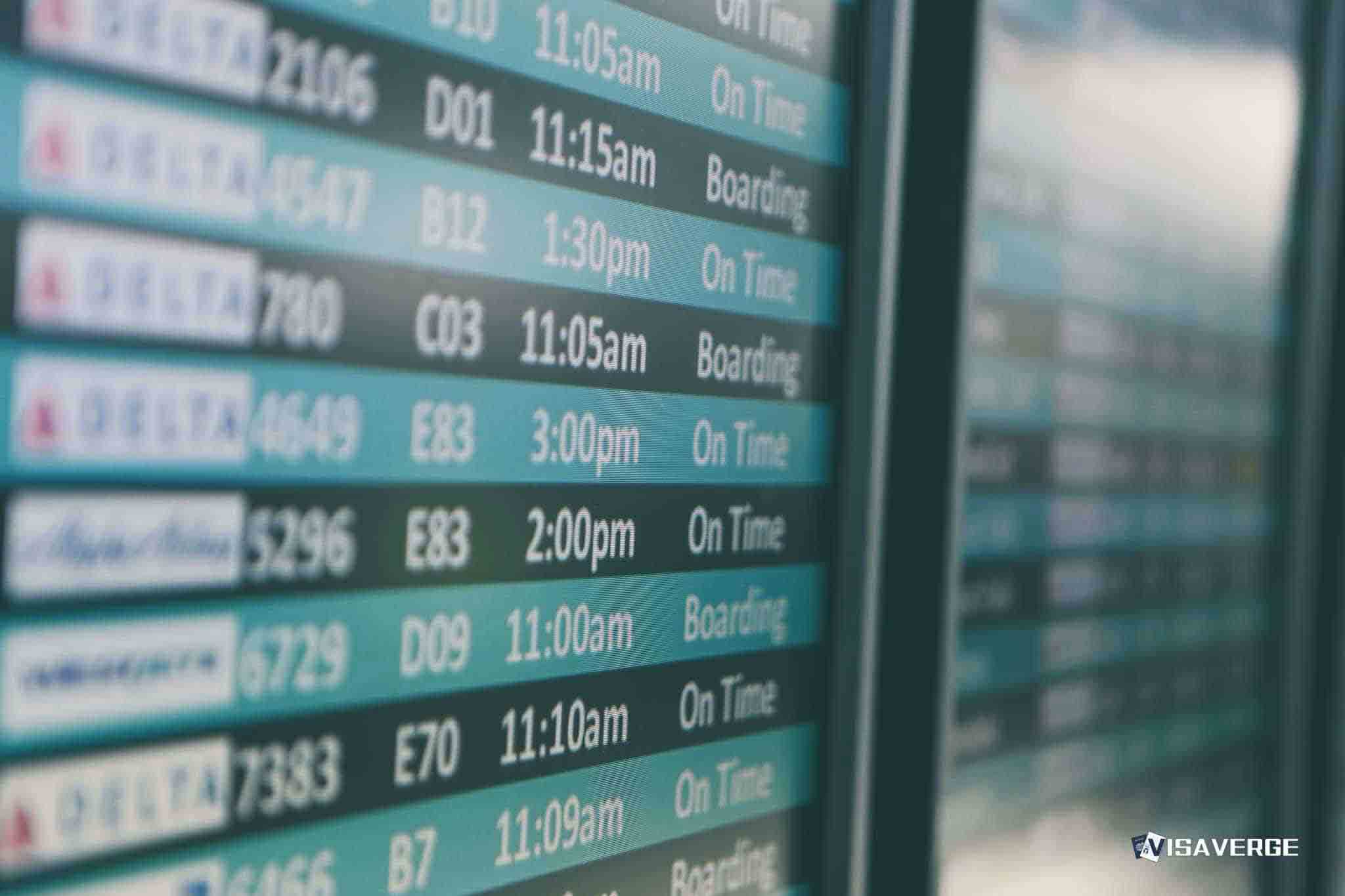(CANADA) Canada has lifted its visa requirement for Qatari citizens, allowing them to travel to the country for short stays without going through the old visitor visa process. The government says the move will deepen political and economic ties with Doha.
The change took effect November 25, 2025, at 5:30 a.m. EST, and applies to Qatari nationals coming to Canada for tourism or business trips. Instead of a visa, Qatari travelers arriving by air now need an Electronic Travel Authorization (eTA), a short online approval that Canada uses to screen most visa‑exempt air passengers before they board a flight.

Official announcement and intent
The announcement came from The Honourable Lena Metlege Diab, Minister of Immigration, Refugees and Citizenship, who framed the policy as both a practical travel change and a clear signal of trust between the two countries.
Officials said the move is meant to:
– Make travel easier for Qatari visitors.
– Support new business links between Canada and Qatar.
– Reflect rapidly growing people‑to‑people connections between the two countries.
The change places Qatar in a group of countries whose citizens can visit Canada relatively easily, without a traditional visitor visa.
What Qatari travelers must do (eTA process)
Under the new rules, most Qatari travelers will follow a simple online process before flying:
- Visit the official IRCC site and access the eTA application.
- Provide passport and basic personal details.
- Pay a small application fee.
- Wait for eTA confirmation by email.
- According to IRCC, most eTA decisions arrive within minutes, a major improvement compared with visa processing times for paper or full online visa applications.
- Official eTA information and the application portal are available at Canada.ca, and the secure online eTA application form.
Quick checklist for travelers
- Passport validity: Ensure your passport is valid for the duration of travel.
- Apply for eTA online before booking or boarding a flight.
- Keep the eTA confirmation email with travel records (eTA is electronically linked to the passport).
- For unusual situations or prior immigration issues, consult Immigration, Refugees and Citizenship Canada for current instructions or contact the department.
Effect on existing visas and other permits
- Qatari citizens who already hold a valid Canadian temporary resident visa are not shut out by the change.
- Officials say those existing visas remain valid until they expire or until the passport in which they were issued becomes invalid, whichever comes first.
- After existing visas expire, most routine travelers will move to the eTA system.
Important limitation:
– The visa exemption applies to short stays for tourism and business only.
– It does not replace other types of permits. Work or study in Canada still require formal work or study authorizations.
Broader diplomatic and economic context
The policy shift follows more than 50 years of diplomatic relations between Canada and Qatar and sits within a wider pattern of strengthening ties.
Key recent milestones:
– May 2024: Signed a Memorandum of Understanding on annual bilateral political consultations, creating a regular channel for high‑level talks.
– Late 2024: Expanded the Canada–Qatar Air Transport Agreement, enabling more flights and routes.
– 2025: High‑level meetings focused on digital innovation, artificial intelligence, telecommunications infrastructure, and capacity building, with plans for another Memorandum of Understanding on information and communications technology.
These developments support the idea that easier short‑term travel for Qatari experts, investors, and businesspeople will facilitate face‑to-face meetings and site visits, aiding cooperation in advanced sectors.
Investment and trade ties
Investment flows and trade policy discussions provided additional backdrop to the visa change:
- By 2024, Qatari foreign direct investment in Canada reached nearly $300 million, according to government figures.
- A Qatari investor acquired a 4% stake in Ivanhoe Mines in September 2025, indicating sustained interest in Canada’s mining and resources sector.
- November 2025: Qatar’s Minister of State for Foreign Trade Affairs, H.E. Dr. Ahmed bin Mohammed Al‑Sayed, held a virtual meeting with Canada’s Minister of International Trade, H.E. Maninder Sidhu, to explore strengthening bilateral trade and investment relations.
Officials say faster, visa‑free trips can help investors check projects on the ground and build confidence in long‑term partnerships.
Immigration policy rationale
Immigration specialists view the timing and design of the change as consistent with Canada’s broader use of the eTA to manage low‑risk visitors from trusted countries.
- Analysis by VisaVerge.com notes Canada has gradually expanded eTA‑based travel to nationalities with strong security cooperation and growing economic ties.
- For many Qatari citizens, switching from a visa to an eTA will:
- Cut paperwork,
- Lower costs,
- Reduce uncertainty associated with waiting for a visa officer’s decision.
Impacts on aviation and tourism
Airlines and tourism operators are expected to benefit from the shift:
- Expanded air transport agreements (late 2024) opened the door to more routes.
- With Qatari visitors moving to an eTA system, booking processes should become smoother and reduce last‑minute disruptions caused by visa processing delays.
Key takeaway
By shifting Qatari citizens to a fast, electronic pre‑screening system (eTA) instead of a full visa process, Canada aims to make short‑term travel easier while maintaining security checks. The government expects this to support tourism, business travel, investment missions, and deeper bilateral cooperation in coming years.
Canada lifted the visitor visa requirement for Qatari citizens on Nov. 25, 2025, replacing it with the eTA for air arrivals. The government framed the move as strengthening diplomatic and economic ties while simplifying short-term tourism and business travel. Most eTA approvals arrive within minutes; existing temporary resident visas remain valid until expiry. Work or study still require separate permits. Officials expect the change to boost travel, investment missions, and bilateral cooperation.







